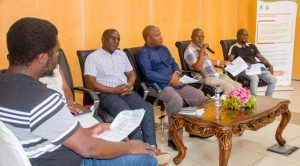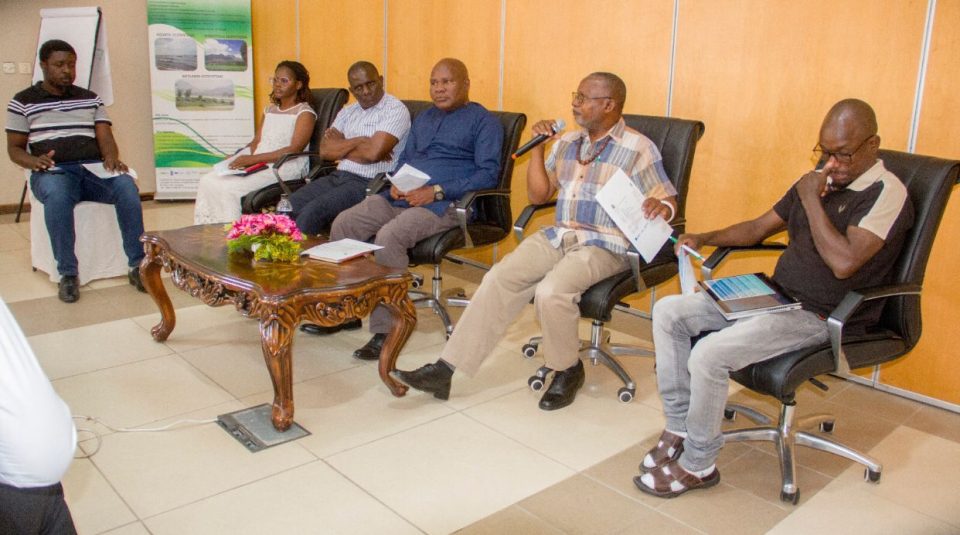Chiefs have called for proper documentation, preservation and mainstreaming of indigenous and local knowledge in biodiversity conservation policies.
Senior Chiefs, including Tengani of Nsanje and Nkumbira of Nkhatabay, made the call in Mangochi District at the end of a dialogue meeting on mainstreaming Indigenous and local knowledge, as well as a human rights-based approach to biodiversity conservation.
Senior Chief Tengani said proper documentation and preservation of indigenous and local knowledge will strengthen accessibility and sustainability for future generations.

He said “research shows that integrating local knowledge with Scientific ways help to conserve nature so let’s put them in ways that our youthful generation can access them in future and by doing that we are assured of sustainability”.
The dialogue meeting comes at a time when Malawi is implementing the National Ecosystem Assessment project which calls for integration of science and indigenous and local knowledge.
The project’s Coordinator, Alice Kammwamba, agreed with the chiefs and said that though the government is doing its best to document and mainstream indigenous and local knowledge in biodiversity conservation.
However, Kammwamba noted that there are still gaps that need to be addressed.
“We want our biodiversity to be conserved using both science and local knowledge so that we can win the fight against environmental degradation. We want to encourage the government to take more action.” she said.
Deputy Director of Fisheries Development and Quality Assurance in the Ministry of Natural Resources, Moffat Manase, said the government stands steadfast to mainstream the local knowledge for policy implementation at the local and national level.
At the end of the dialogue Senior Chiefs Tengani of Nsanje, Chakhumbira of Nkhatabay, Makanjira of Salima, and representatives of cultural heritage including the Mulhako Wa Alhomwe said they were left satisfied that their suggested indigenous and local knowledge outputs on biodiversity conservation will be mainstreamed and inform policy direction on biodiversity conservation.



